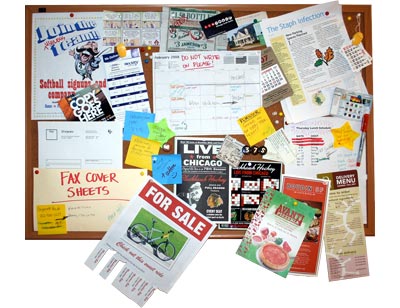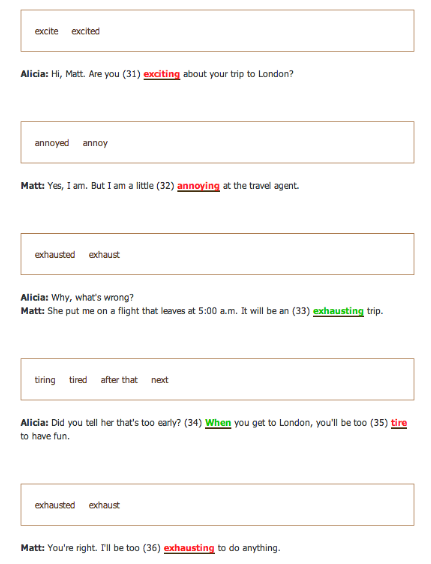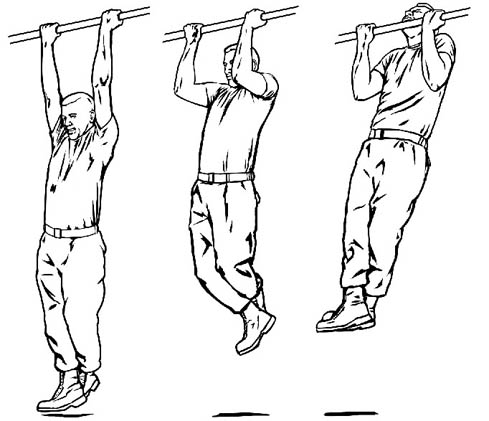Using Pinterest to improve your English
I have been ‘pinning’ for a few years now and thought it was really a great way to waste time… until now. Thanks to ESL Hip Hop, I have now found an actual use for Pinterest.
Most people use Pinterest to ‘pin’ (share) recipes, pictures of their dream house, internet memes, and basically anything you can think of. It is a virtual pin-board for you to organize into categories as you wish.  I am a victim of the food boards, the vacation dream spot boards and drifting off into the land of make-believe as I pin away. The other day something on twitter caught my eye. ESL Hip Hop posted about a Pinterest picture dictionary. EUREKA! What a great idea! He has a ‘board’ dedicated to vocabulary from a particular song.
I am a victim of the food boards, the vacation dream spot boards and drifting off into the land of make-believe as I pin away. The other day something on twitter caught my eye. ESL Hip Hop posted about a Pinterest picture dictionary. EUREKA! What a great idea! He has a ‘board’ dedicated to vocabulary from a particular song.
I am a very visual person, so seeing the picture in real life context really hits home with me. Let’s face it, we’ve all had enough of the lame illustrated furniture vocabulary in books written in 1972.
hit home – refer to or be relevant or familiar to; “I hope this message hits home!”
What should you do about this? Sign up to Pinterest and follow my boards and ‘pin’ words that you do not know to your own boards and study them daily. Once you feel that you know a word, you can move it to a different board. You can name it ‘Words I Know’ and only glance at that one once in awhile. As I mentioned earlier, it is a great way to waste time– BUT, if you are browsing around and reading the captions in English, you are learning at the same time!
[googlefont font=”Chewy” size=”50px” margin=”10px 0 20px 0″]http://pinterest.com/skypenglish4u[/googlefont]
I would love to hear what you think about this method of learning vocabulary. Leave me a comment below!


